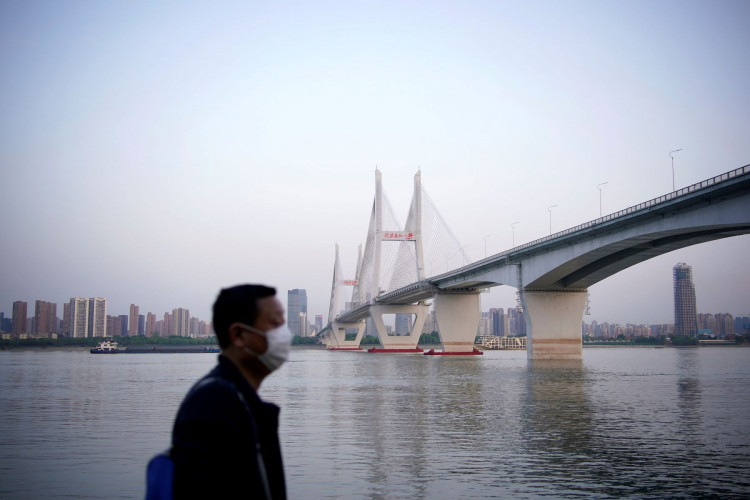As a protracted drought depletes water levels and threatens crops, regions that depend on the Yangtze, China's longest river, are forced to use pumps and cloud-seeding rockets, with a heatwave that is expected to last another two weeks.
Industrial belts for metallurgy, power, chemicals, automobiles, construction materials, machinery, and high-tech growth zones surround the Yangtze. It has grown to be an essential link for international shipping to the inland provinces and is playing an ever-more-important role in the economic development of the river valley. The river connects China's heartland to its coast and serves as a vital transit route.
One of the busiest rivers in the entire globe is the river. Commercial traffic involves the movement of passengers, manufactured goods, and bulk commodities like coal. In 2005, there were 795 million tons of cargo transported. As China's tourism sector develops, longer river cruises, particularly those that travel through the stunning Three Gorges region, are becoming more and more common.
Temperatures above 40 degrees Celsius have been recorded in the middle and lower reaches of the Yangtze River over the past month. Experts attribute these extreme temperatures to shifts in the western Pacific subtropical high, which is a major control over the summertime climate in east Asia.
As per the Shanghai government's Guangming Daily newspaper, the agricultural ministry has sent 25 teams to important regions to take action to protect crops since the autumn harvest is in jeopardy.
According to scientists from China's National Climate Center, the heatwave is expected to extend for another two weeks, making it the longest prolonged period of severe temperatures since records began in 1961.
The Yangtze River Water Resources Commission reports that rainfall in the Yangtze river drainage area was roughly 30% lower in July and 60% below average in August, with the river's tributaries being "significantly lower" than historical levels.
After a 50% drop in rainfall in July, the Poyang lake in Jiangxi province, central China, which is crucial for controlling Yangtze water flows in the summer, has decreased to levels more typical of the winter dry season. According to media reports, villages that depend on water from the lake have been compelled to use pumps to irrigate rice fields.
Chongqing, a sprawling southwestern municipality facing its second hottest summer since records began in 1961, has made 900 missiles available to try to "seed" clouds and induce rain, the media reported. Other regions have begun their own weather modification efforts.
China typically releases water from the Three Gorges reservoir to relieve the Yangtze's drought, but according to government data, downstream outflows are just half as high as they were a year earlier.





